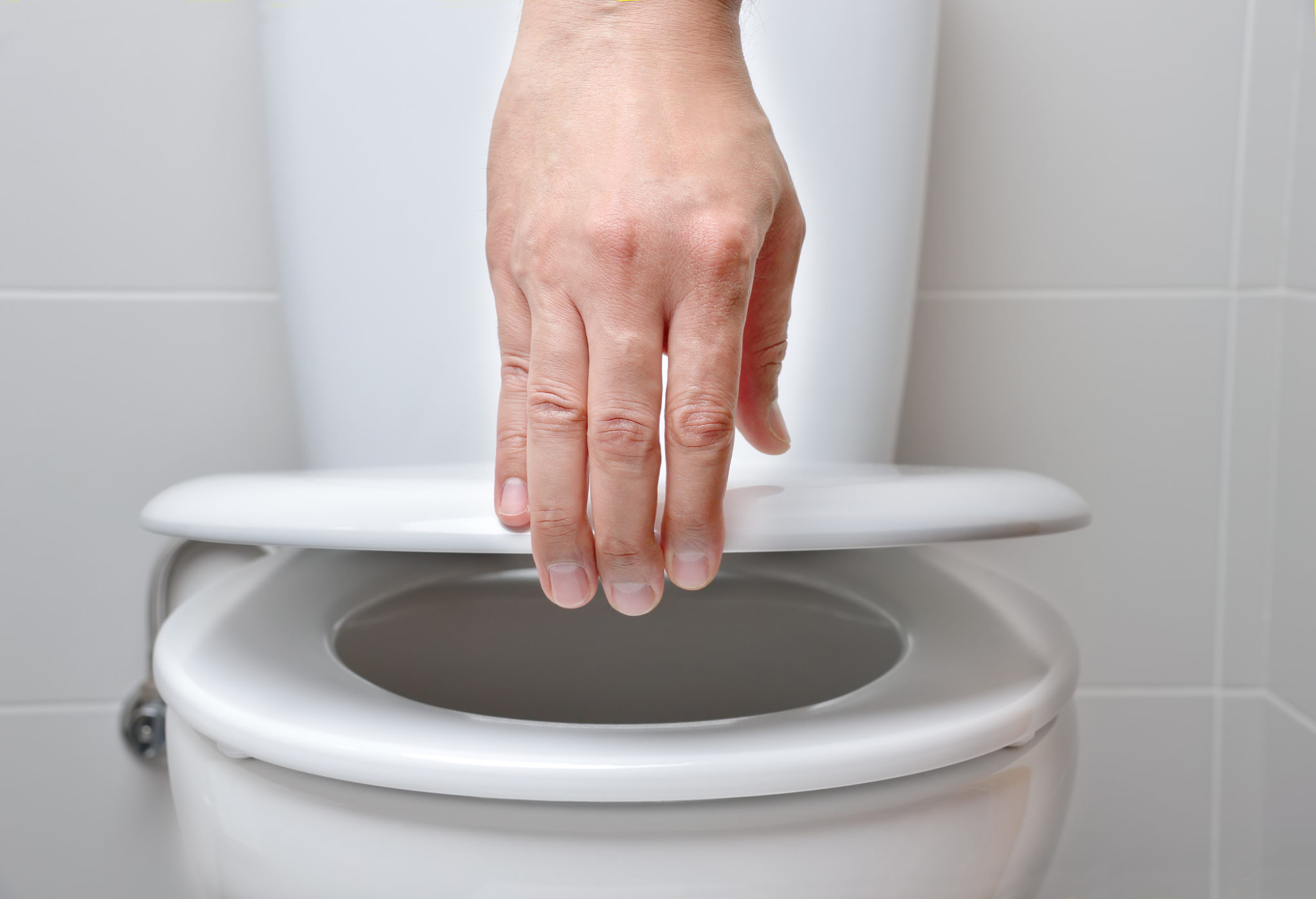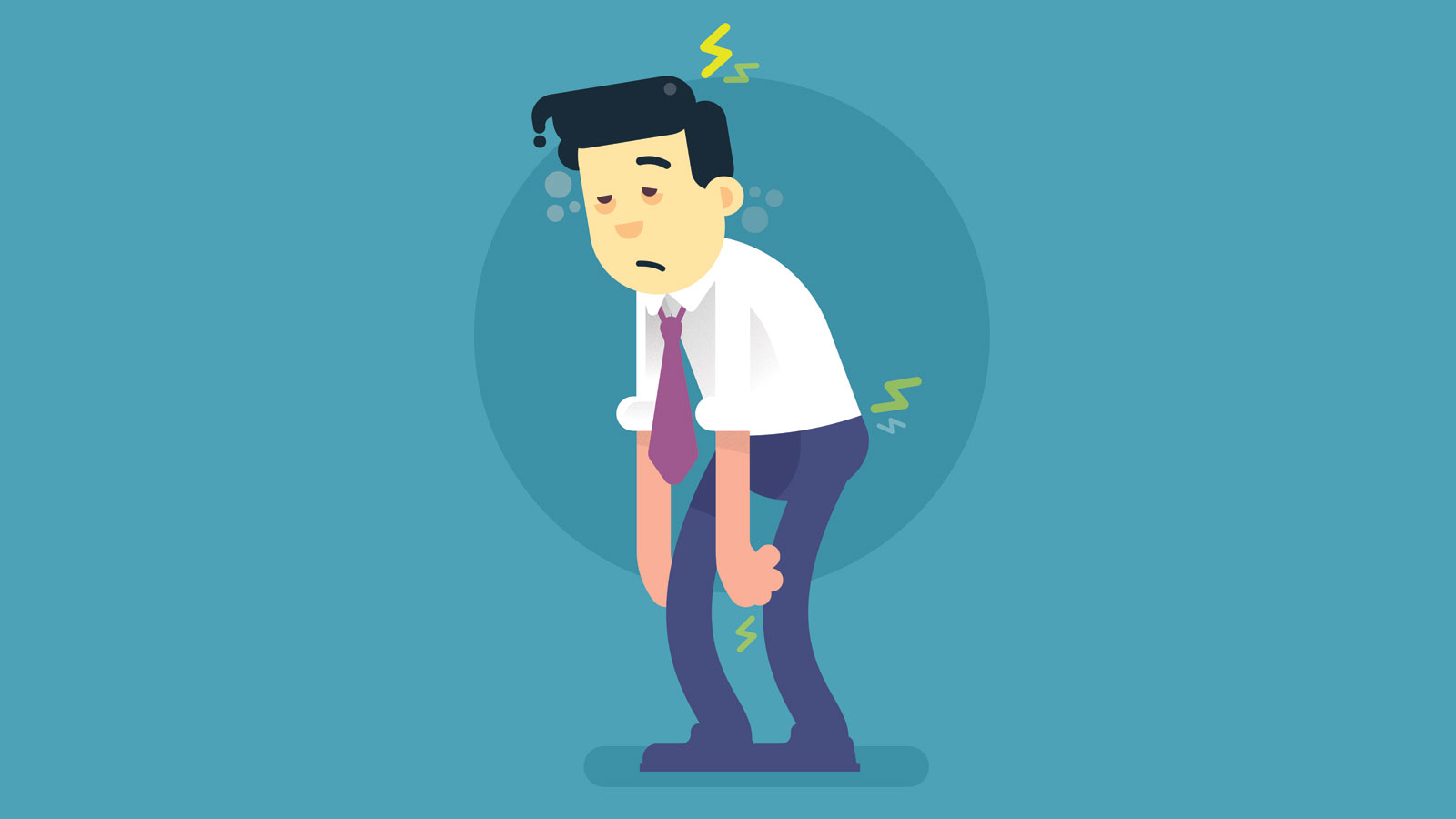Kidney doctors are frequently asked to give their opinion on whether a patient should continue taking a nonsteroidal medication (Advil, Motrin) or switch to an alternative such as Tylenol or a scheduled narcotic. Chronic pain is very common. After over-the-counter medication has been tried and has failed, patients come to their family doctor for help.
Non-Narcotic Medication For Kidney Pain
There are two broad categories of non-narcotic pain medication:
1) Nonsteroidal anti-inflammatory medication: Motrin, Advil, and many others. This class of medication treats pain, fever, and inflammation (swelling). Ibuprofen is a type of non-steroidal that is processed in the liver.
2) Tylenol: this medication treats pain and fever but NOT inflammation. Tylenol is excreted in the urine but in some circumstances affects the liver.
Patients who have arthritis are usually prescribed nonsteroidal anti-inflammatory medication. NSAIDS are very powerful pain control medicines and frequently do the trick. Not only do they control pain, but they also to help decrease swelling in people's joints.
Why is Tylenol Safer for the Kidneys than Ibuprofen?
Patients with chronic kidney disease can be very sensitive to non-steroidals. Their kidney function can get worse, and their blood pressure can go up. So even though a medicine such as ibuprofen is processed in the liver and is meant to control pain, it can have untoward effects on the rest of the system -- in this case the kidneys and the blood pressure through complex mechanisms. When this happens Tylenol is usually recommended because it doesn't adversely affect the kidneys. The big downside here is that Tylenol doesn't help decrease the swelling or inflammation.
What Kidney Pain Medication Should I Be Taking?
It is important to note that the kidney doctor doesn't write for the pain medicine. The kidney doctor performs a risk/benefit analysis with the patient so that the patient can make informed decisions regarding what to do. Some people are willing to risk worsening kidney function and hypertension in order to have their pain and inflammation treated. In that case the nephrologist will try to help prevent worsening kidney function and high blood pressure at all costs. On the other hand, some people may want to avoid blood pressure and kidney problems and choose Tylenol (and possibly a narcotic with the help of a pain specialist).
When I was training, we were taught to avoid nonsteroidal medication at all costs when the blood pressure or the kidneys were affected. However, my problem with this is that a life of severe pain may be so intolerable that the risk of kidney decline may be something to consider if a patient can get some relief.
Original post date: May 2010. Revised: May 2019.





